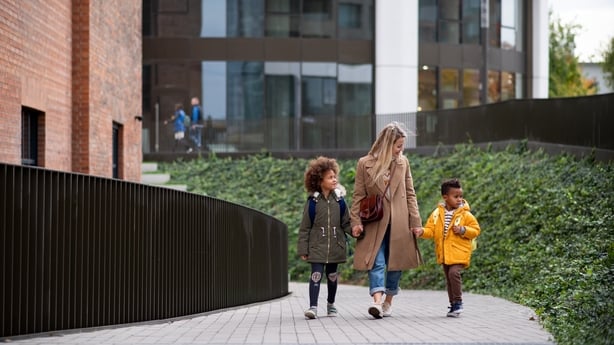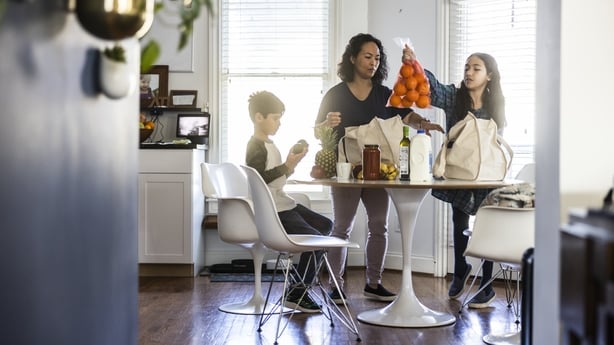Have you made provision for your children's education including third level let alone the extra-curricular activities to keep them rounded that cost an arm and a leg?
Parents sometimes are oblivious to the future savings they will need to fund all these costs – money if they do have will benefit their children in their adult lives. Here John Lowe of MoneyDoctors.ie analyses what is needed and what is genuinely compulsory when it comes to planning for children.
It is estimated that the actual current cost of raising a child from birth until completion of their third level education is just short of a whopping €250,000.

The cost of educating a child from primary school to college is estimated to be well over €70,000. By far the biggest expense is occurred during a time when a child is in third level education. Research carried out in 2012 estimated that it cost about €43,000 to put a young person through college, a figure that will rise significantly if plans to reintroduce fees proceed.
Even allowing for the extra year of Child Benefit introduced in last October’s budget, if you were one of the very few who could save the Child Benefit from that first month, you could accumulate a total of €30,240 still some €12,000 shy of the full amount need to complete your child’s third level education.
Half of all parents say they plan to buy a larger size school uniforms for their children, to offset school-related expenses.
Bear in mind the average pocket given to children in Ireland is:
- National: €10 per week (€520 annually)
- Secondary: €20 per week (€1,040 annually)
- Third level: €60 per week (€3,120 annually)

Nearly one in three parents will spend less on extra-curricular activities for their children due to the current economic environment, while over half will be looking to purchase second-hand schoolbooks, schoolbags and uniforms this year.
"You can’t get blood from a stone" rings true when income dictates the priorities. Maslow’s Hierarchy of Needs sees food, accommodation and clothing as man’s primary needs and in that order. For some families, this is reality - especially in these challenging times.
So, how do cash strapped parents provide for this necessary expense if they wish to see their children given the same opportunities they received? For some families, there may be little left in the kitty to provide for their children’s education.
The important word when it comes to saving for your children’s future financial requirements is 'start'. Even the regular saver account – available in most financial institutions – is a mechanism to initiate a savings ethos. You save between €100 and €1,000 a month for up to 12 months, after which you can then switch to a longer term, higher yielding investment. Best rates for the regular saver accounts are AIB Bank and PTSB at 3% (before DIRT tax).

Alternatively, you could invest with a reputable insurance company’s choice of funds where over the longer term and historically proven (average annual stock market growth from 1991 to 2020 was 10.72%) , the stock market has proved to be the best asset class.
To justify the decision to invest in a stock market option – many of the insurance companies offer managed funds for such saving purposes, especially regular stock market saver accounts – the return should potentially be at least a great deal greater than the best deposit interest rate on the market.
Two stock market regular saver investments include Zurich’s LifeSaver account with their Prisma funds and Irish Life’s Pinnacle account and their Multi Asset Portfolio funds (MAPS) – email me for details.
You need at least five years in terms of investment period – no withdrawal penalties after five years. Should you be in the position where you have the funds now and wish to allocate them to a safe long term guaranteed return, then you should also consider the State Savings’ 10 year National Solidarity Bond.
This might fit the bill where you will currently receive 22% tax free on maturity e.g. €36,000 becomes €43,920 after 10 years (equivalent to a gross rate of 3% per annum) and the third level costs virtually sorted for one child.
Don’t leave it to late - planning is the buzz word.
For more information click on John Lowe's profile above or on his website.
The views expressed here are those of the author and do not represent or reflect the views of RTÉ.

